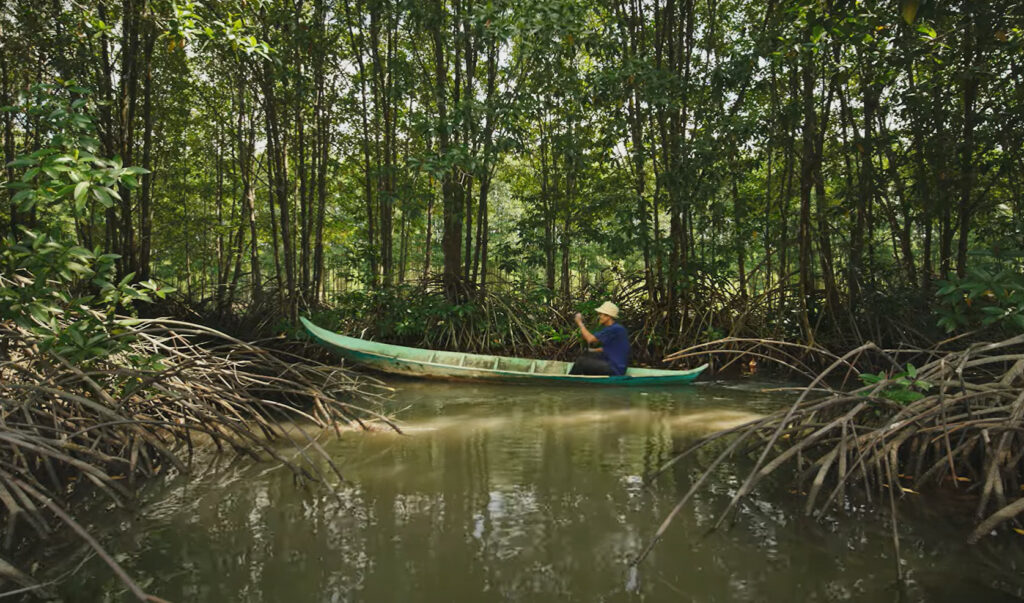Four-Star BAP Tilapia On Display At Seafood Expo North America
China has embraced the Best Aquaculture Practices (BAP) third-party certification program since the release of the BAP tilapia farm standards in 2008 and the certification of the first farm (Elite Aquaculture Co. Ltd. in Guangxi Province, China) in 2009.
There are more than 70 BAP-certified tilapia farms in China, with an additional 60 BAP-certified tilapia processing plants, hatcheries and feed mills. China is home to about two-thirds of the world’s BAP-certified tilapia facilities.
Certification against the BAP standards provides the third-party assurance that the marketplace increasingly requires, as BAP is the world’s most comprehensive third-party certification program, with standards encompassing environmental responsibility, social responsibility, food safety, animal health and welfare and traceability. Additionally, BAP encompasses the entire aquaculture production chain, with a star system to identify, and reward, companies whose processing plants, farms, hatcheries and feed mills are BAP-certified.
About 30 Chinese tilapia processing plants capable of offering four-star BAP tilapia. Many of these companies are exhibiting at Seafood Expo North America (SENA) in Boston in mid-March.
Please join us at SENA on Sunday, March 19, from 1 to 2 p.m. for a cooking demonstration featuring four-star BAP tilapia from China at the cooking demonstration theater on the show floor (3,300 aisle). Chef Rut, who’s affiliated with Sunnyvale Seafood/Guangdong Gourmet Products, will be preparing a variety of Asian-inspired dishes featuring four-star BAP tilapia from China. Learn more about sourcing tilapia from China, responsible aquaculture and the BAP third-party certification program. The cooking demonstration is sponsored by the China Aquatic Products Processing and Marketing Alliance (CAPPMA). Chef Rut (Panurat Poladitmontri) has 30 years of culinary experience as a restaurateur, cookbook author, developer of Thai food product lines and foodservice consultant. He owns Harbor Café in Seattle.
But so much more happens behind the scenes as a result of, or in addition to, BAP that has China’s tilapia industry continually improving and acting in an increasingly responsible manner.
The majority of Chinese tilapia farms are not large, corporate farms. They are small, family farms, with the average farm producing only around 200 metric tons per year. There are thousands of tilapia farms throughout southern China, all working with the large processors that export to international markets. (Only about 20 percent of China-produced tilapia is consumed domestically, as it is not a traditional Chinese species.)
Because they are reliant on small, family farms, the processing plants are committed to ensuring that the farmers receive the support they need to thrive. The plants also work with CAPPMA (China Aquatic Products Processing and Marketing Alliance). Every year, CAPPMA recognizes the top tilapia farmers and processors at an award ceremony where winners are nominated by their peers; this creates an atmosphere of self-improvement through competition as the farmers and processors all strive to be recognized.




